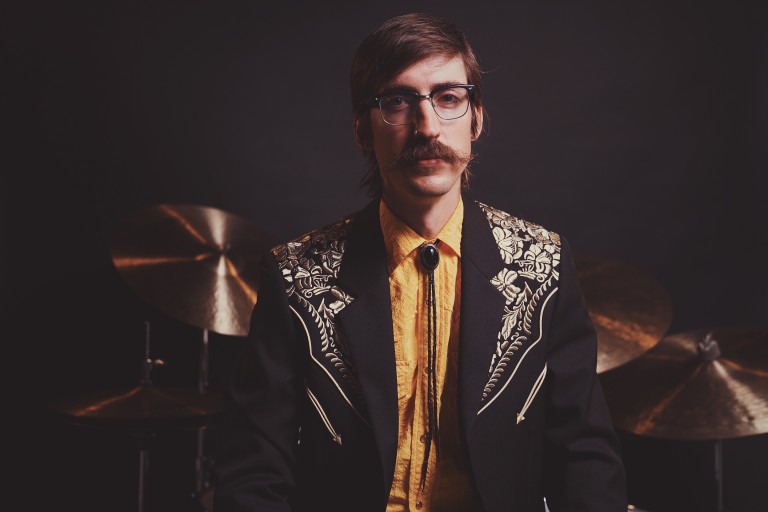

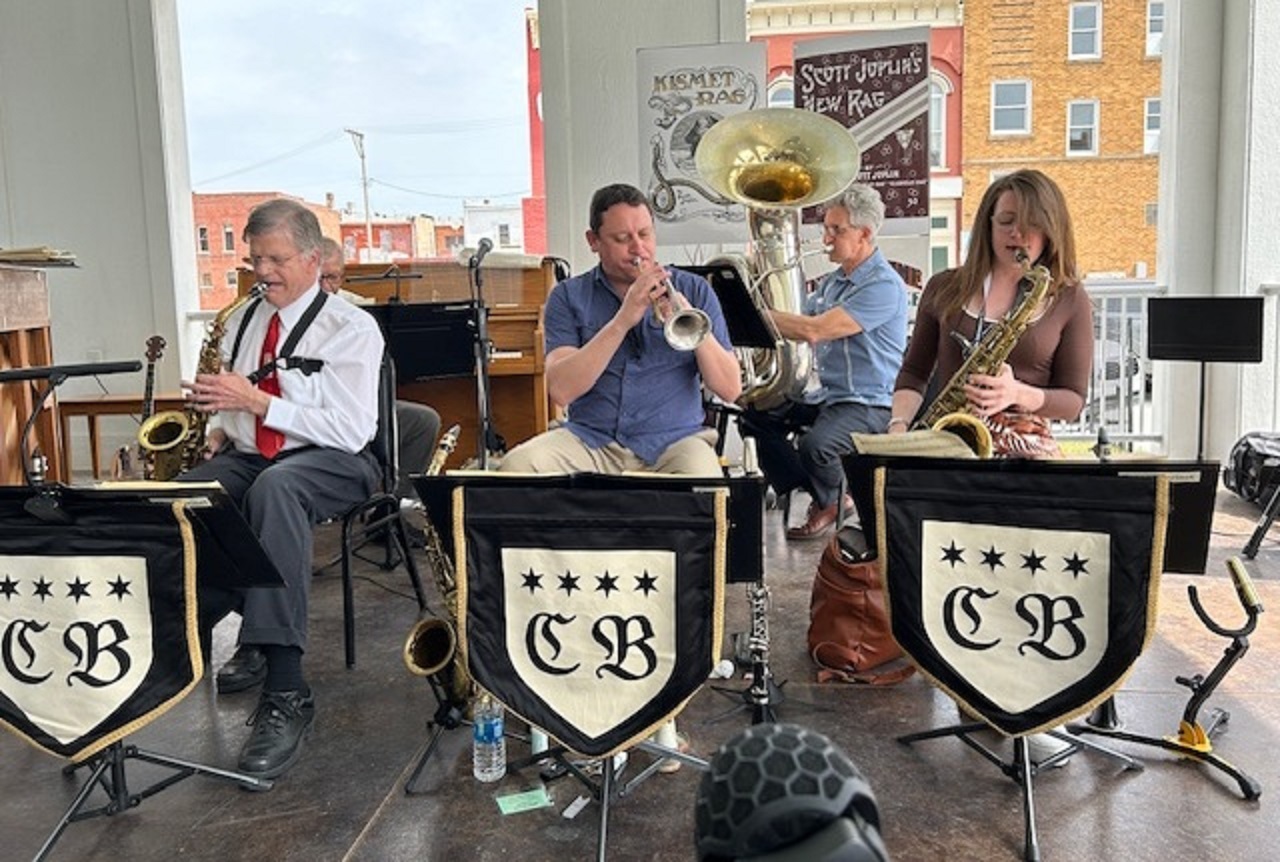
I could be the wrong person to report on a ragtime festival. My first piano hero was Teddy Wilson, so the crowd at the Scott Joplin International Ragtime Festival, celebrating its fiftieth anniversary, might eye me with skepticism. I heard one musician, perhaps whimsically, apologize for playing a song written
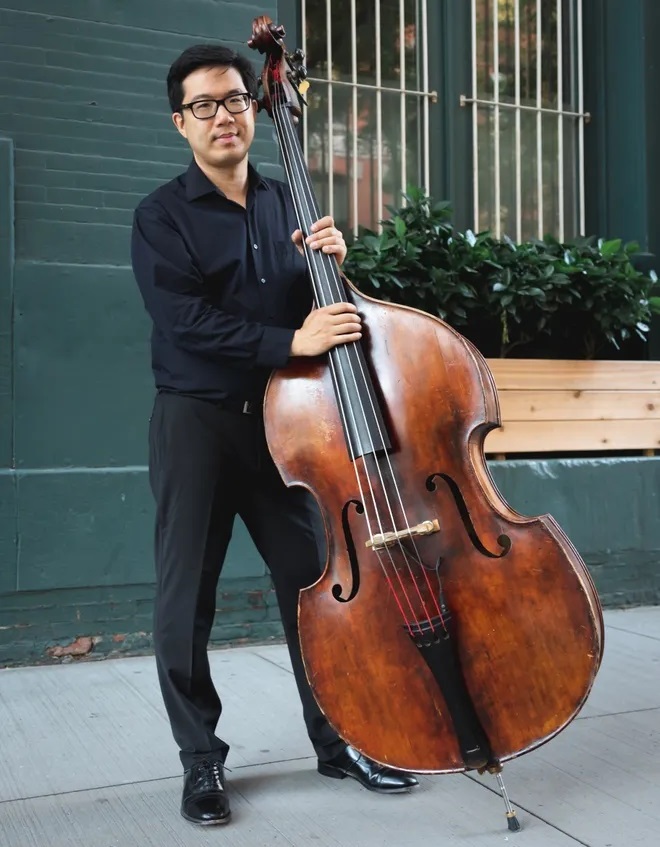
Fumi Tomita is Associate Professor of Jazz Pedagogy and Performance at the University of Massachusetts, Amherst. He is the author of The Jazz Rhythm Section: A Manual for Band Directors. He was active as a bass player in the New York jazz scene for over fifteen years. His recordings include
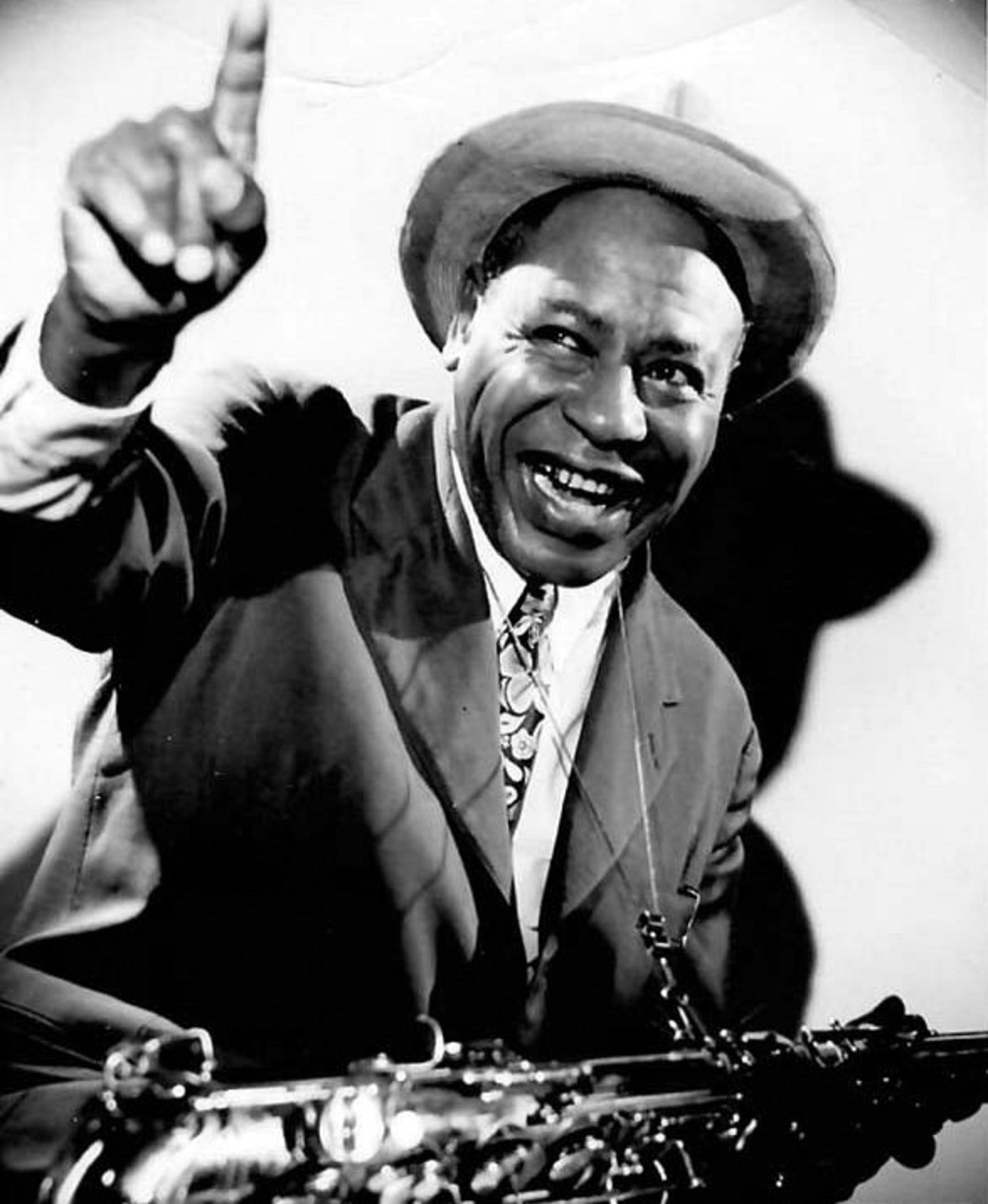
Benny Waters and Joe Turner (no relation to blues singer Big Joe Turner) were two of the many American jazz artists who found life to be more secure, lucrative, and less ruled by racism in Europe where they were appreciated much more for their talents. Unlike Sidney Bechet, who was
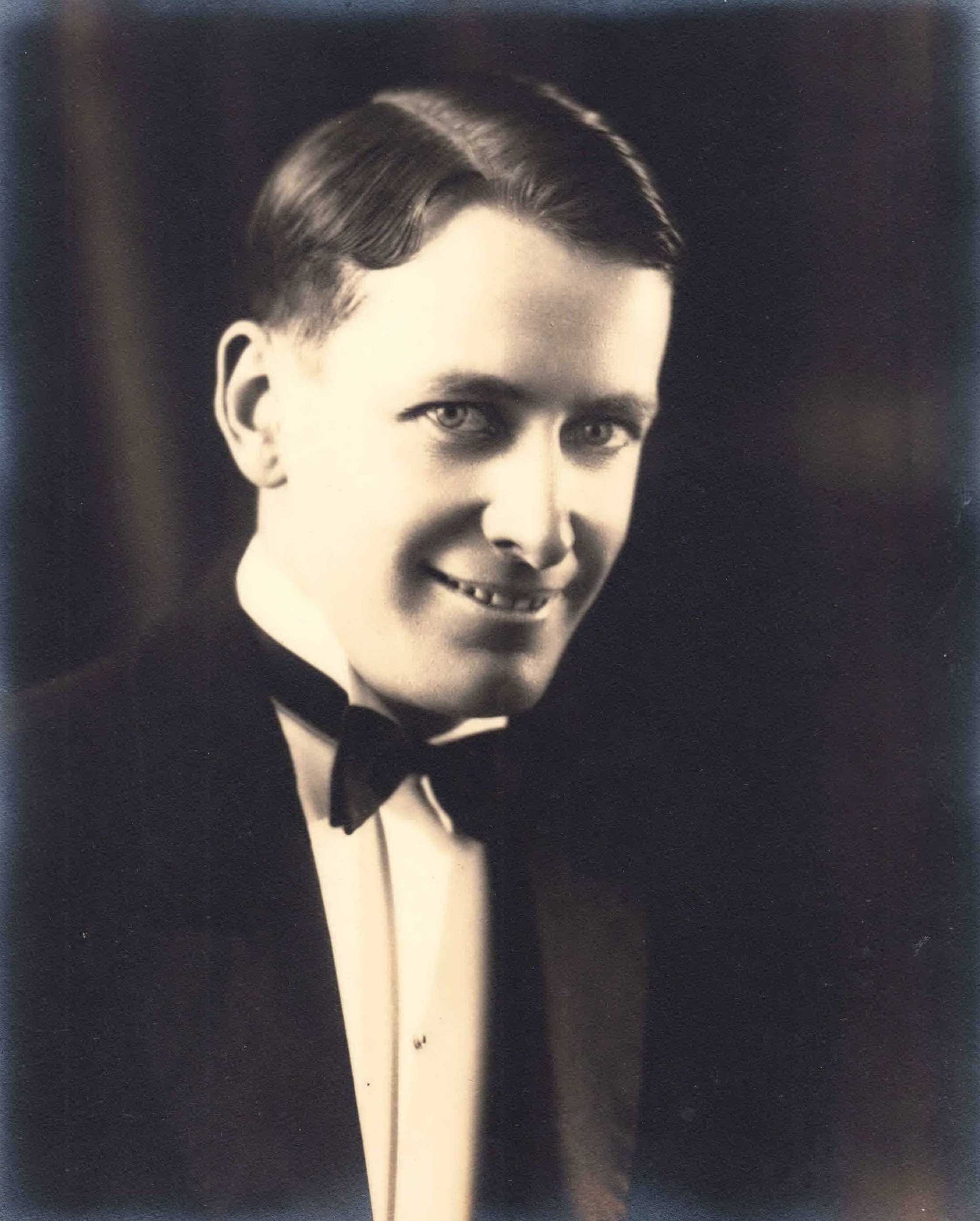
If you never heard of Porter Brown and only skimmed the broad strokes of his biography, he might seem like an obscure sideman whose life took some odd turns. Playing banjo in St. Louis’s premier jazz and dance bands during the twenties, Brown stole the show on an instrument that
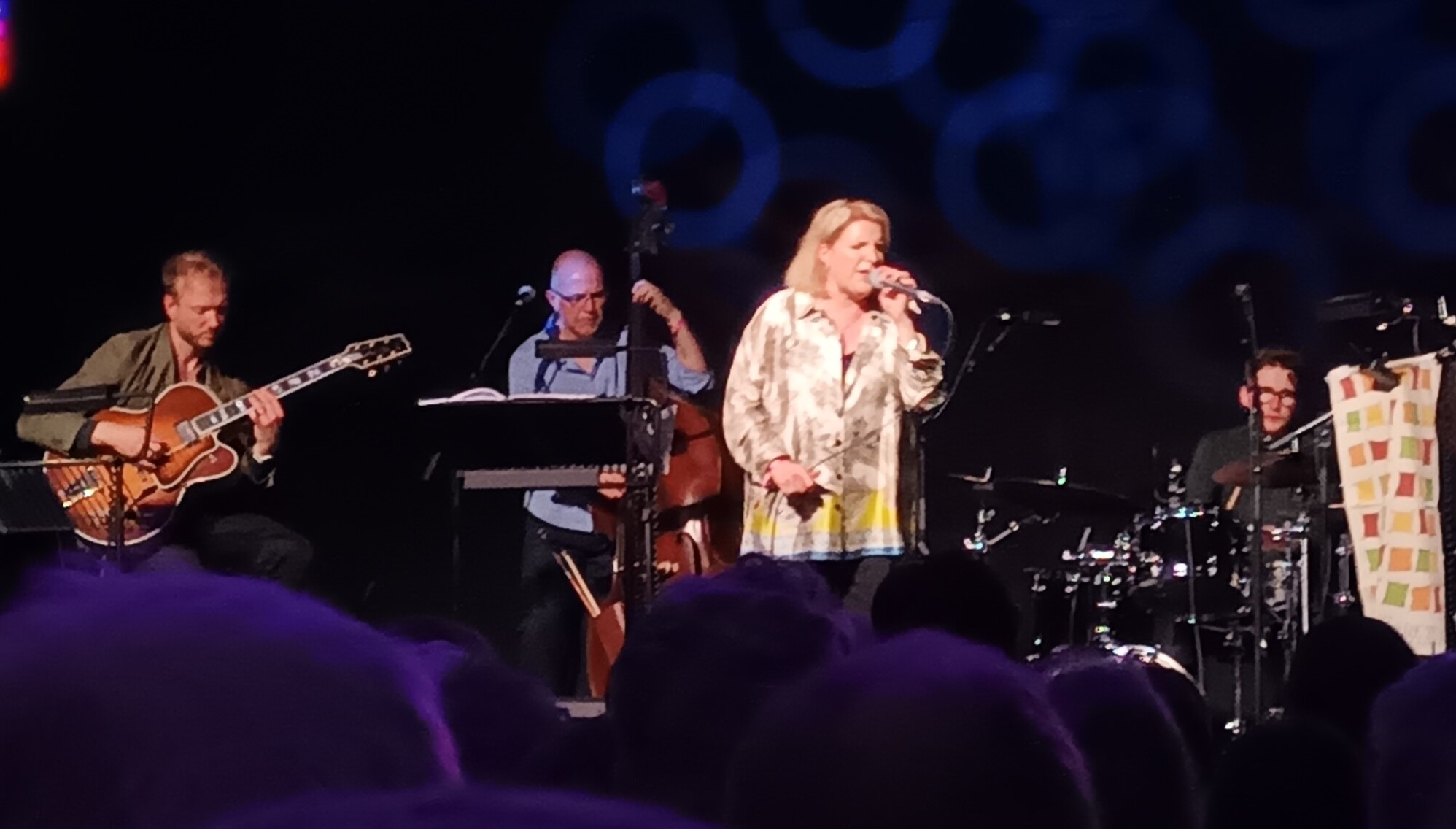
I’m not much of a festival-goer, to be honest. I find myself getting a bit bored after two days of non-stop music and two nights kipping on the floor. I could count on two hands the number of music festivals I’ve been to in my 37-year-long life, if I leave
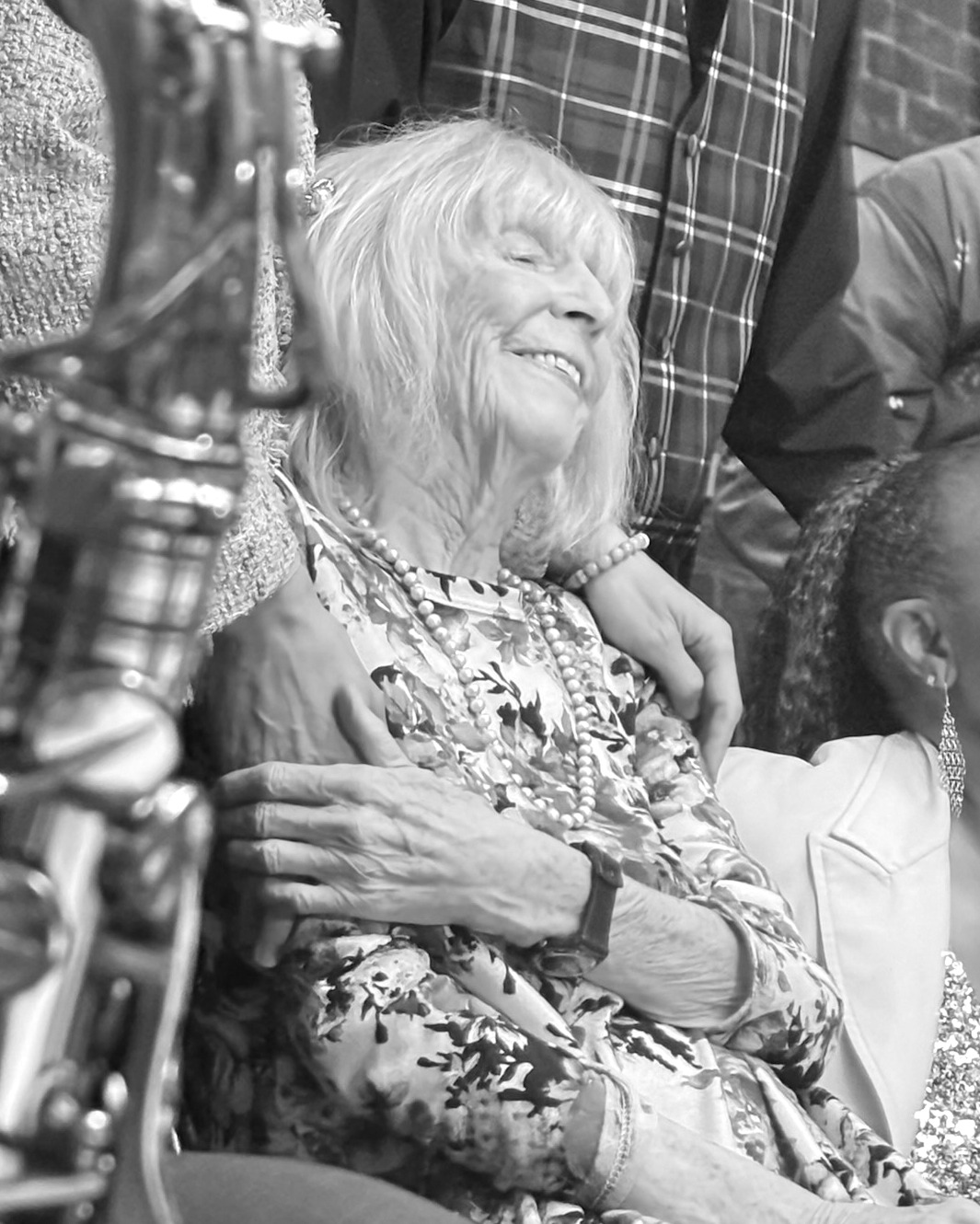
Nina Rimington and George Buck met once again in Atlanta, Georgia in 1984 when the effervescent mother of three was looking for a job with George’s ever-growing business. The story of Palm Court Jazz Cafe is the story of Nina and George Buck who married in 1986. He owned over
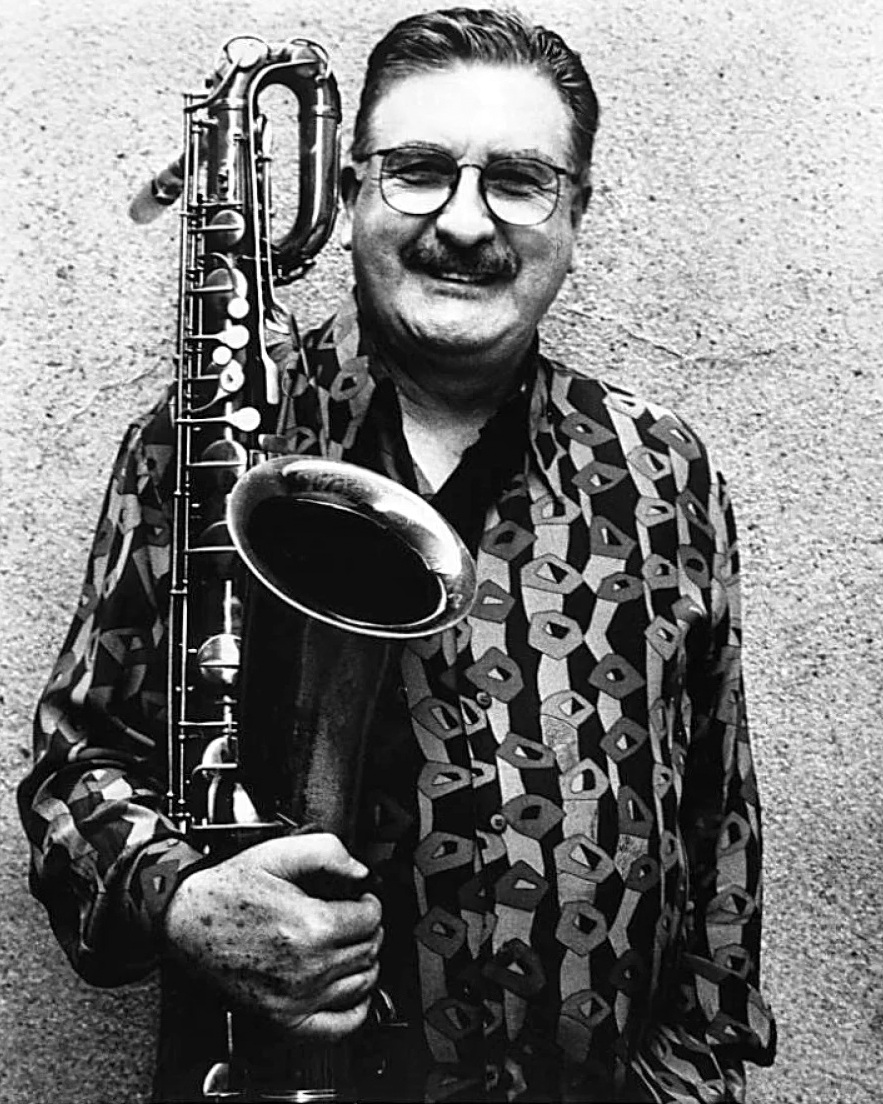
Judged by looks alone, Joe Temperley did not live up to any cliché of a jazz musician. Rather, he looked like a successful businessman, always well dressed with a reserved demeanor, who just happened to have a baritone saxophone draped over his chest. When approached he was always affable and
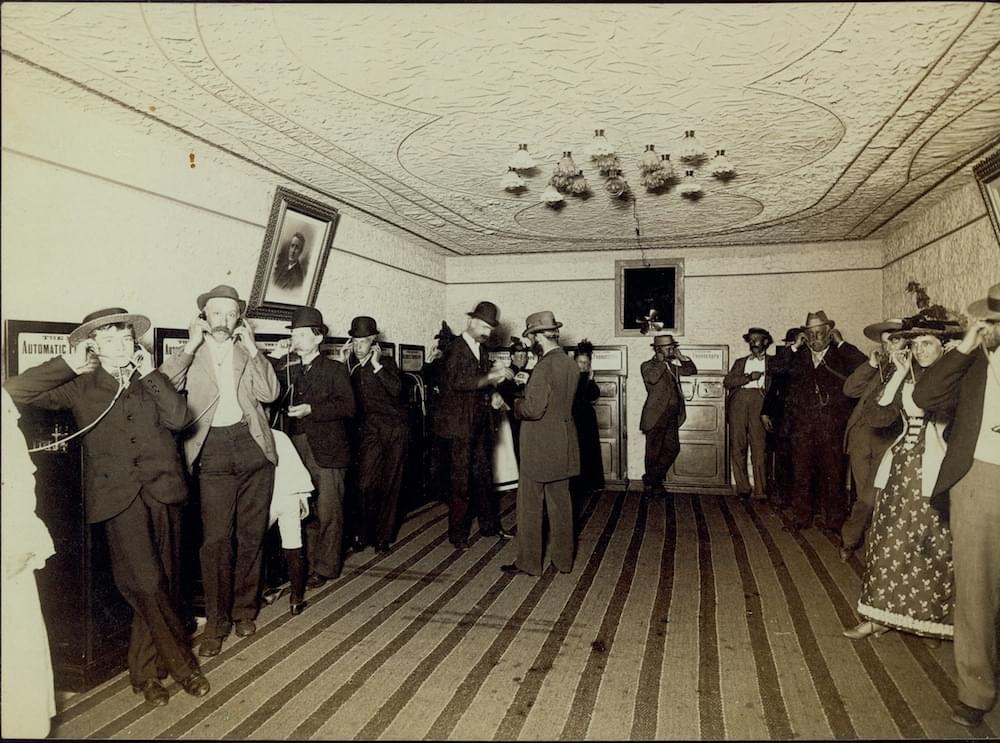
Between the 1820s and the early 1890s, the Five Points slum was the most feared neighborhood in New York. It was, however, the most diverse and culturally significant area in the city during the 19th century. The center of the Five Points was razed between 1891 and 1892, but even

It was distinctly embarrassing (but not altogether surprising) for me to discover the editorial glitches in the June 2024 issue of The Syncopated Times. I’d been congratulating myself all month on having produced my June issue in the midst of numerous medical appointments, two surgeries, and the unsettling challenge of
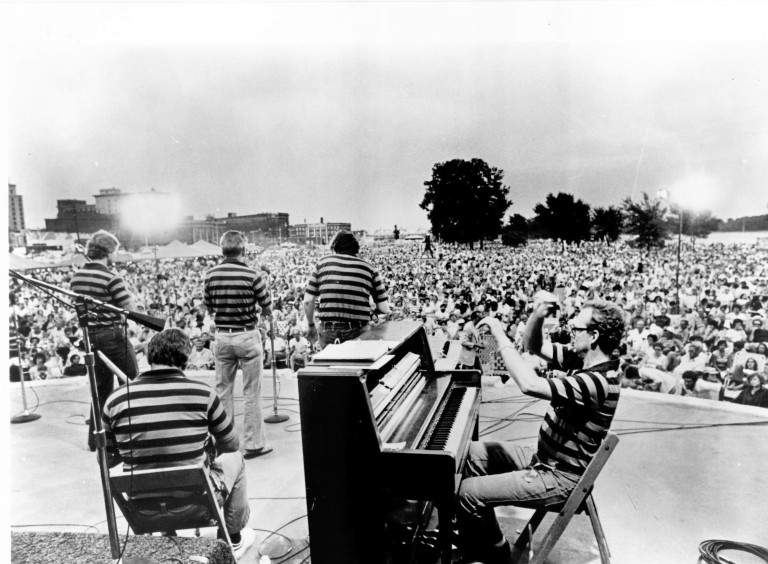
As I write this month’s column, Anne and I are in Scotland, performing at the Kirkcudbright (pronounced “Kir-coo-bree”) Jazz Festival (pronounced “Jazz” “Fes-ti-val”). It’s a beautiful seaside town in the south of Scotland bisected by the River Dee opening up to Kirkcudbright Bay, which in turn leads out to the
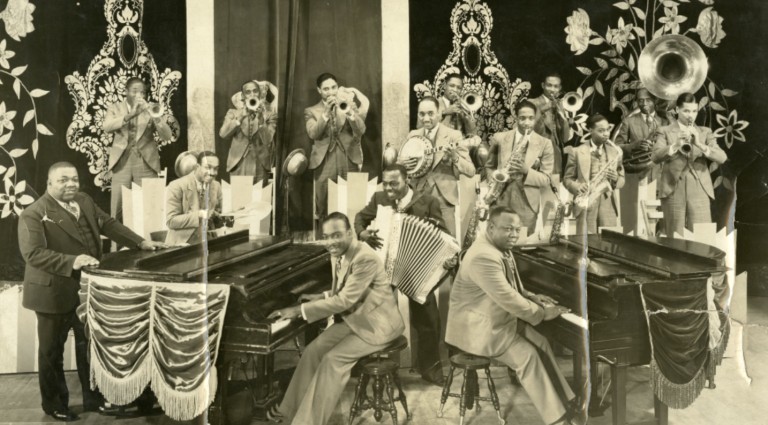
Jeff Barnhart: You loyal followers of hot music and the dissection thereof will rejoice that musician and musicologist Dan Barrett again joins me with great insights, anecdotes, and expertise to continue our exploration of the final recording session of the Kansas City titan Bennie Moten and his Orchestra, featuring the
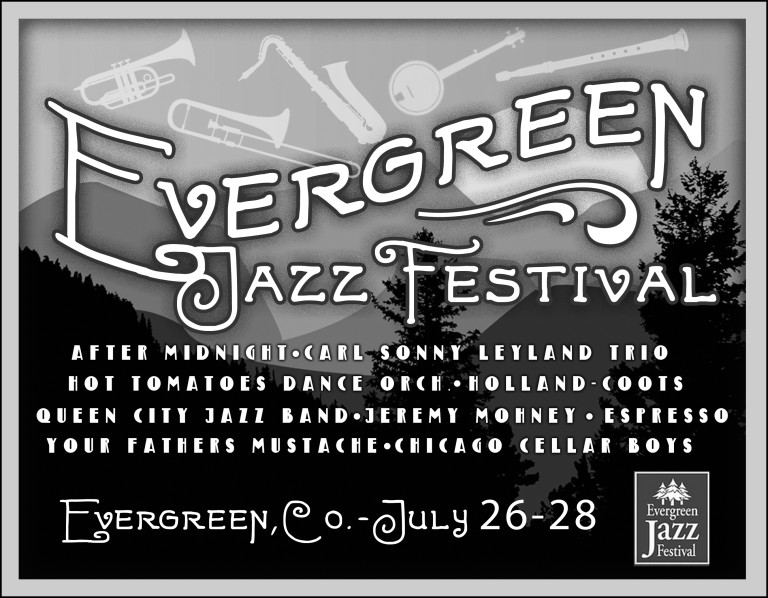
EVERGREEN JAZZ FESTIVAL (Evergreen, CO) – July 26-28 The 2ist Evergreen Jazz Festival is set for July 26, 27, and 28. Known for its beautiful Rocky Mountain setting and up-close-and-personal atmosphere, the event will feature five intimate venues, each offering a unique listening experience. Invited bands currently include After Midnight,
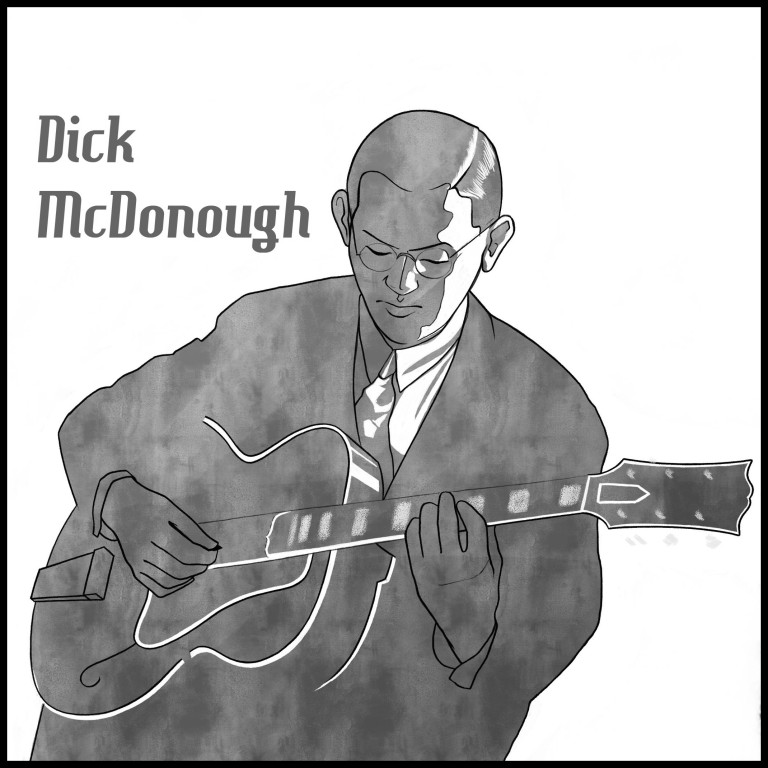
Dick McDonough was born July 30, 1904, in New York City. He began playing banjo and mandolin as a teenager in high school. His first performed music professionally when he was attending Georgetown University, playing on weekends and leading a band. During that period he developed his own style before
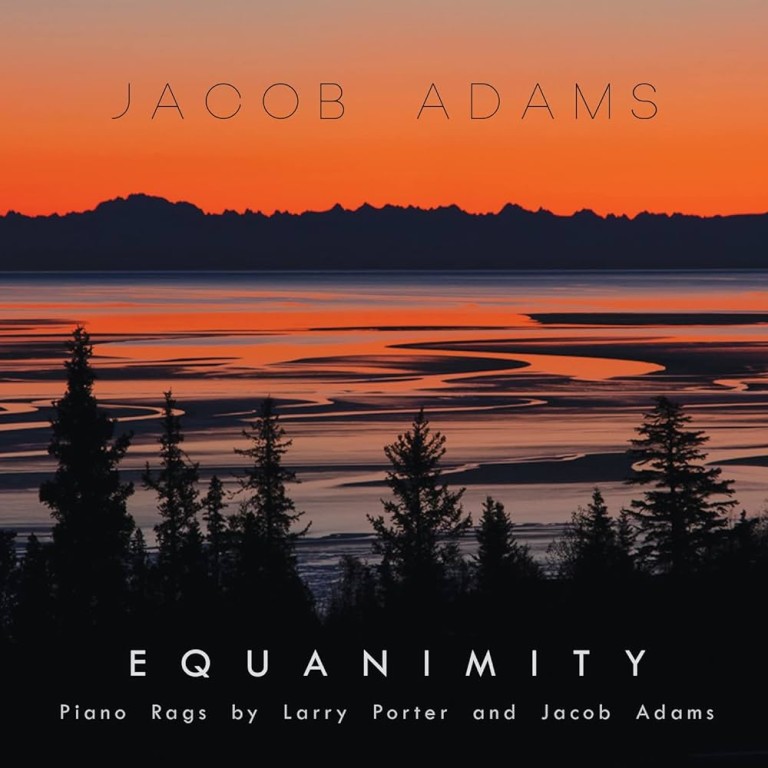
Jacob Adams is one of today’s most prolific piano rag composers. Seaside Rag (2021) displays the hallmarks of his compositional style: sonorous extended tertian harmonies (7th, 9th, 13th chords), long, flowing melodies, and an active left hand part. Unlike Adams’ other pieces, Seaside Rag has no ending coda and adheres
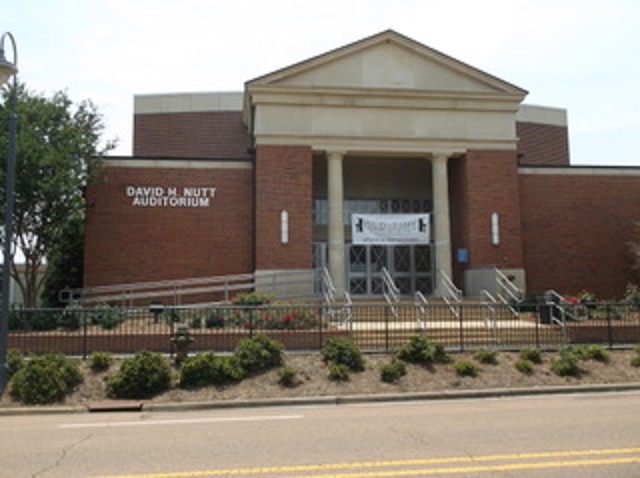
The 50th Old Time Piano Playing Contest and Festival took place on Memorial Day weekend at the University of Mississippi in Oxford. Ole Miss has been its home since 2016; prior to that it was in Peoria and before that at other locations in Illinois. Also marking a 50th anniversary

I was finally able to catch my favorite Chicago band, the Cellar Boys, at one of their regular habitats on Tuesday, May 21. I was on my way, by train, to the Old Time Piano Playing Contest in Oxford, MS, and a few days later, the Scott Joplin Festival in
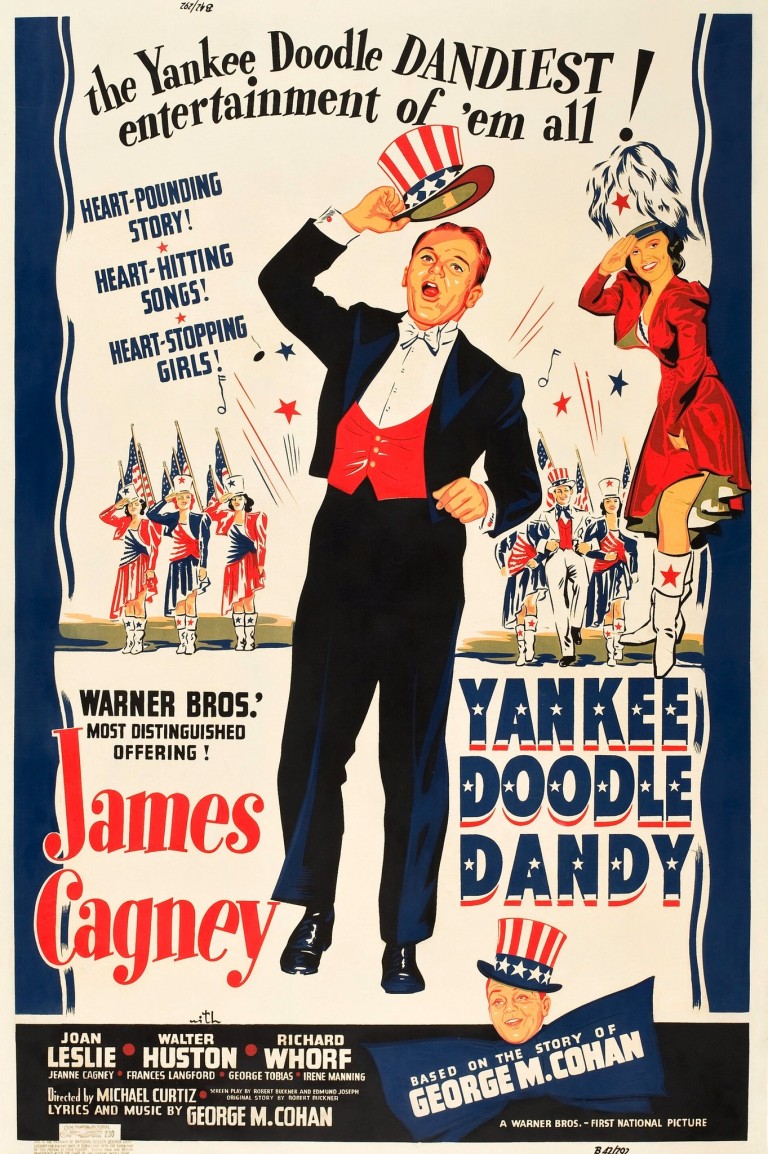
Where do we learn about love? About hate? About selfishness? About generosity? We learn from our parents. We learn from our friends. From our Clergy. But for many people, we learn from the movies we watch. This July 4th, many Americans will learn about Independence Day and the life of
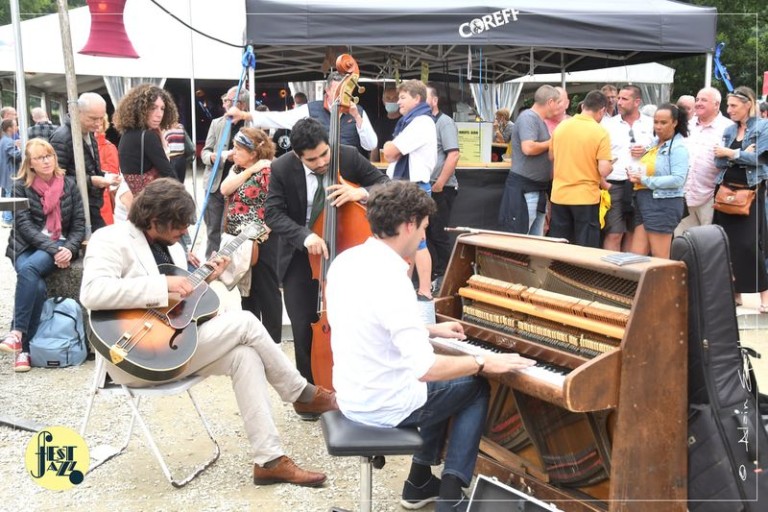
“A jazz festival not like the others”! Why is that ? Well, first of all the setting: a small, sleepy French village in the middle of nowhere: Châteauneuf-du-Faou. Nestling on the banks of the beautiful River Aulne in deep, rural Brittany, it’s miles from anywhere and it’s “old-fashioned”; it’s like
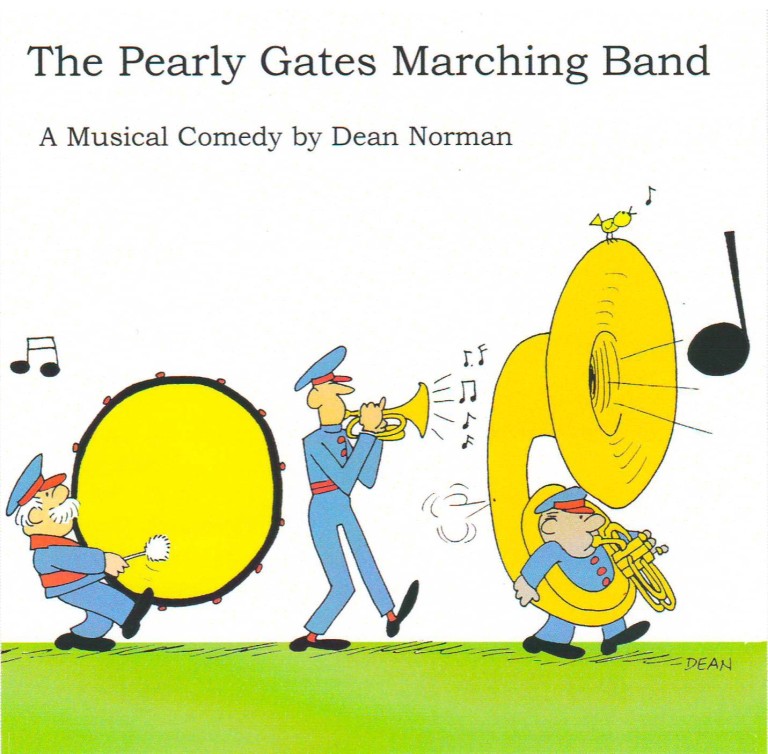
The Syncopated Times could use some new subscribers right now, and we’re offering a free CD to every reader who orders a new print subscription or to anyone buying a gift subscription, US addresses only. This offer is good as long as supplies last. The CDs available were produced by
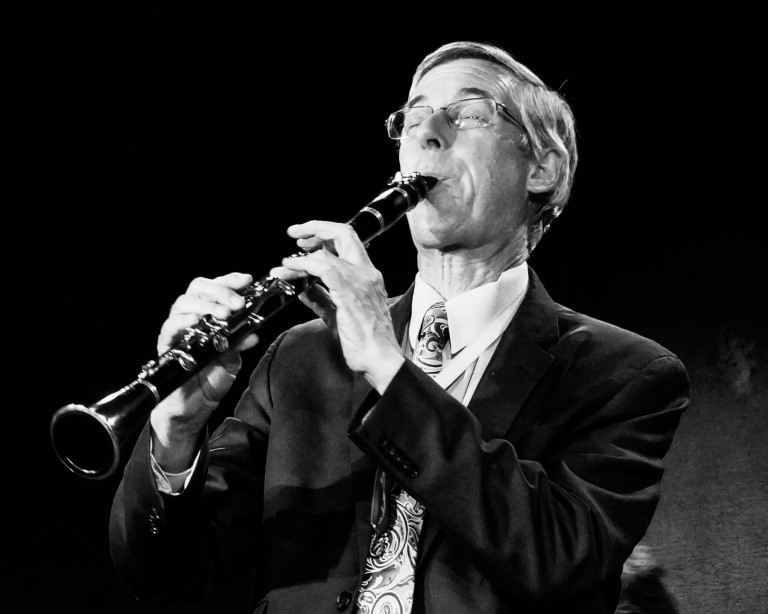
The Basin Street Regulars have two truly outstanding events coming up in July. The incredible Midiri Brothers are making the trip to California to perform at a venue in Palos Verdes and they got in touch to see if the BSR would like to host them in Pismo Beach first.
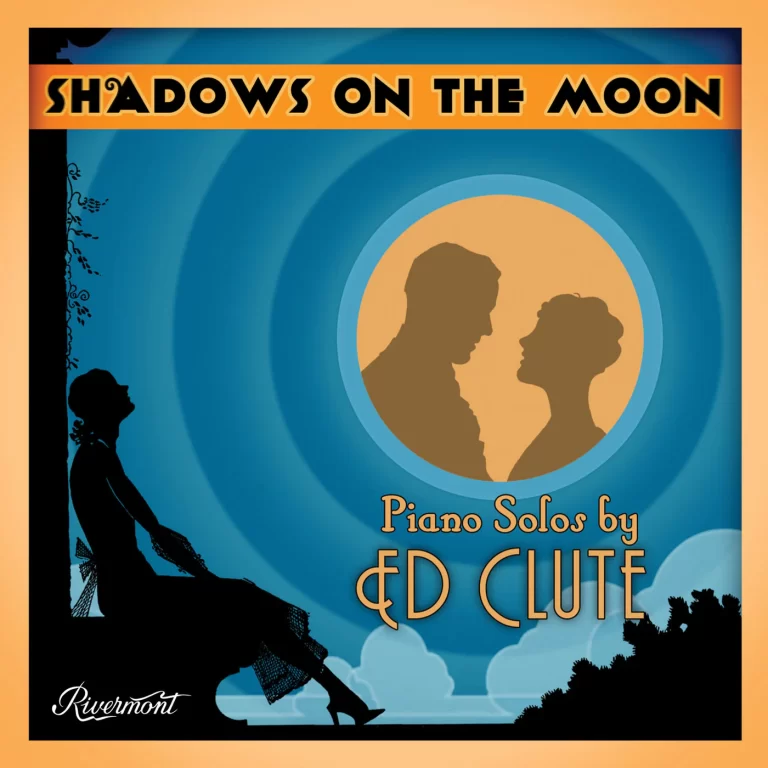
Ed Clute’s relationship with this paper goes back about as far as is possible. He was profiled in our very first issue, our publisher, Andy Senior, wrote the liner notes for his hit album, 2017’s A Summer Night’s Magic, and that album featured in my very first column of reviews.
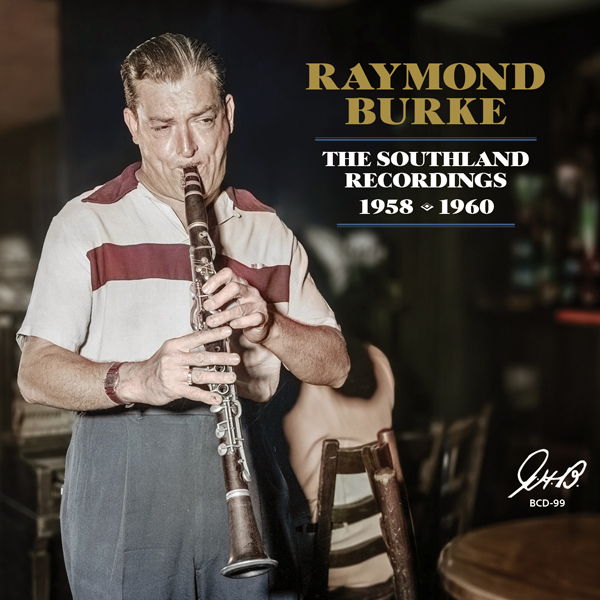
Returning to my notes on an album before writing a review I often find more exclamations than insights but sometimes they point me in the right direction. My notes for Raymond Burke: The Southland Recordings 1958/60 include the exclamation “This is grail stuff!” For once I know exactly what I
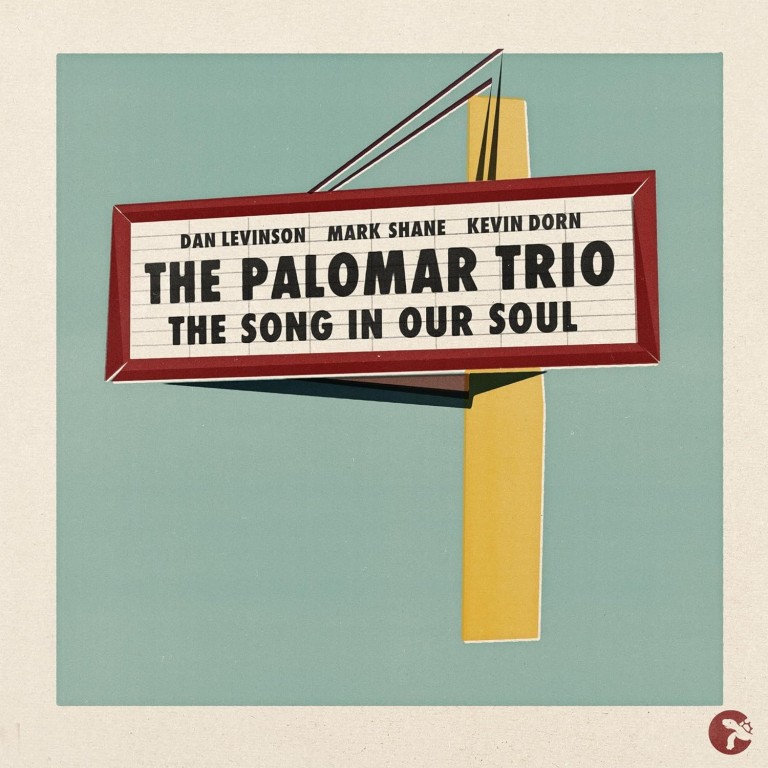
Of the numerous Turtle Bay releases this one will especially resonate with TST readers. Not trying to be hip or current, these are men with a heartfelt dedication to the early jazz period and are substantially into careers dedicated to exploring it. Dan Levinson, reeds; Mark Shane, piano; and Kevin
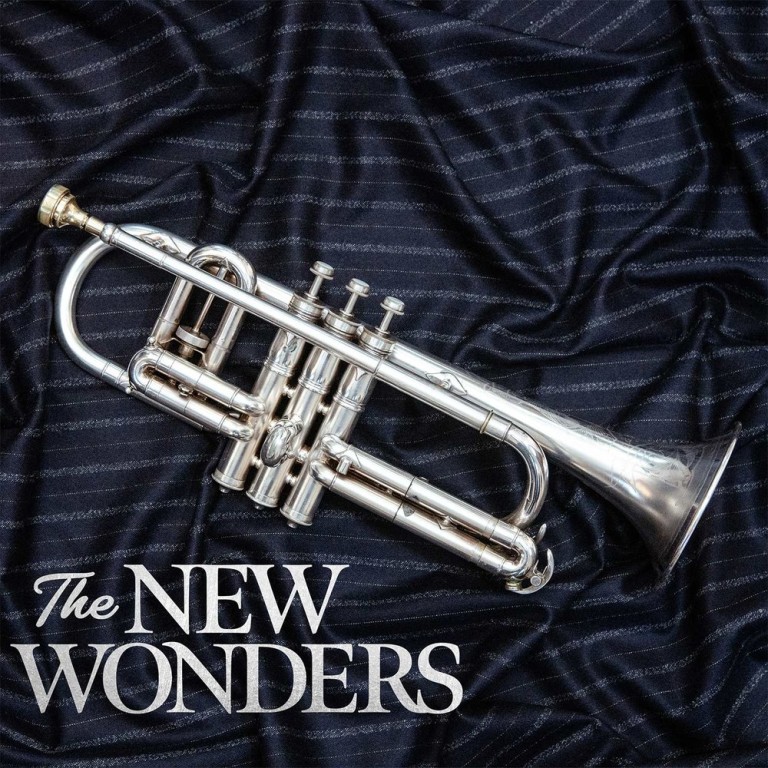
I’ll lead this by saying this is a different album from the one Scott Yanow reviews in this issue. He is quicker on the draw than me and the album he covers is a recent Mike Davis release featuring newly recorded music. This is a reissue of The New Wonders’
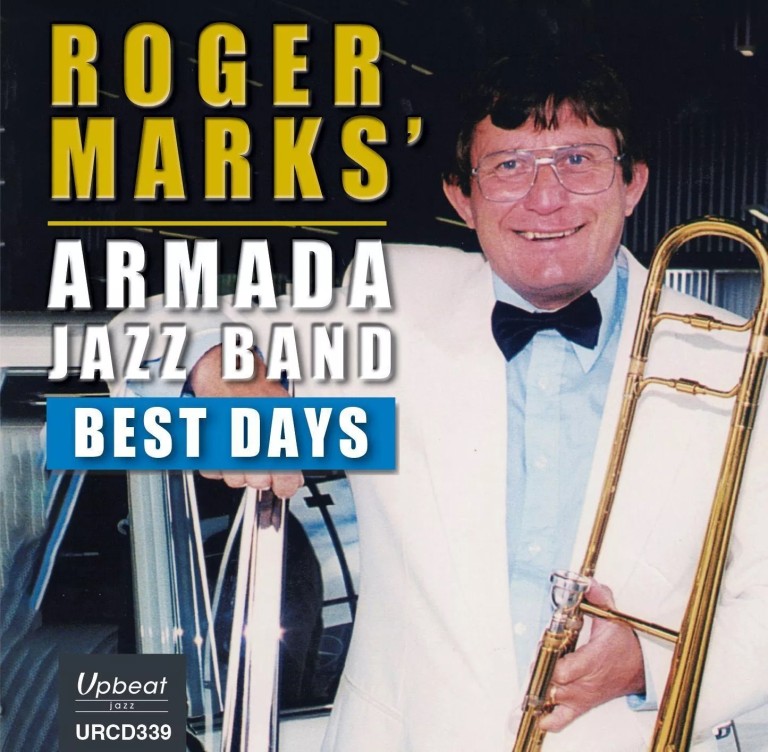
British trombonist Roger Marks led one of his finest groups during 2000-2001, a period when his Armada Jazz Band was captured on no less than eight albums. The Upbeat CD Best Days has 13 of the 26 selections originally released on a pair of sets (Roll Along Prairie and High
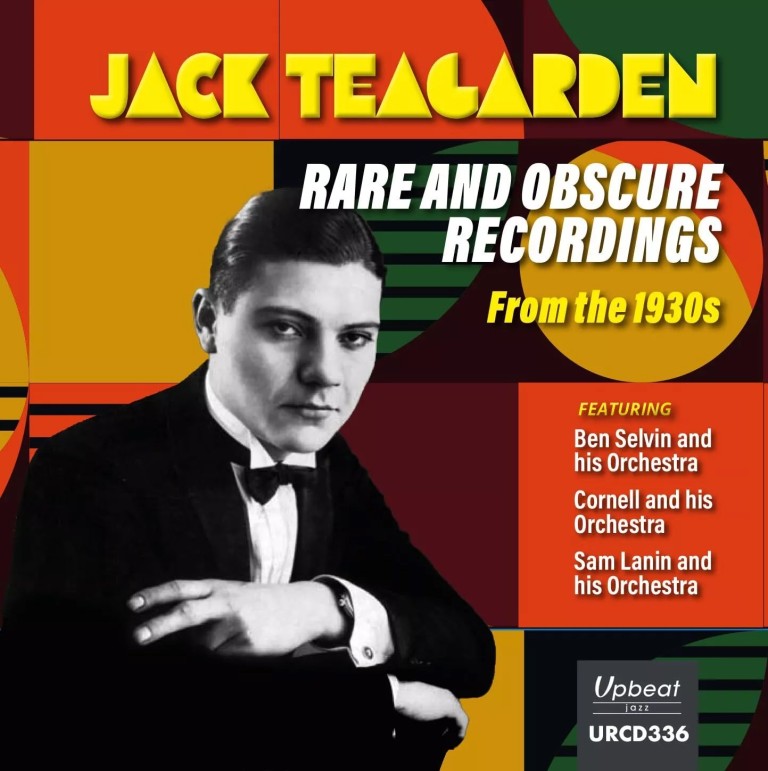
When Jack Teagarden (1905-64) arrived in New York in 1927, he created a bit of a sensation in the jazz world. Sounding years ahead of the usual percussive style, his trombone playing had the fluency of a trumpeter while balancing his very impressive self-taught technique with a bluesy style. He
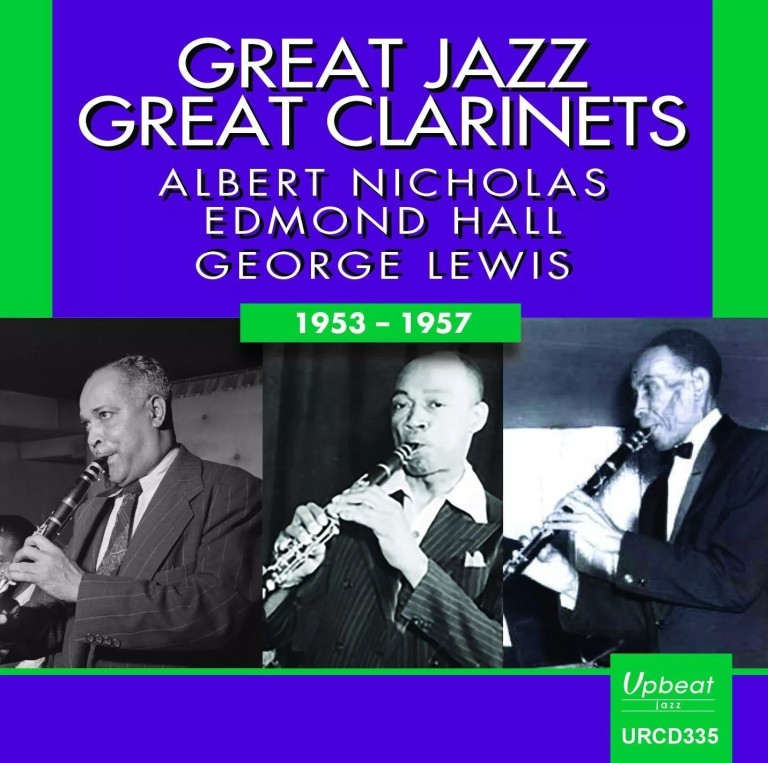
Upbeat recently reissued a collection originally put out by Big Bill Bissonnette’s Jazz Crusade label that was titled Rare Cuts – Well Done, Volume 8. Featured are three classic clarinetists captured in the 1950s: Albert Nicholas, Edmond Hall, and George Lewis. Their performances are quite rewarding although this set has
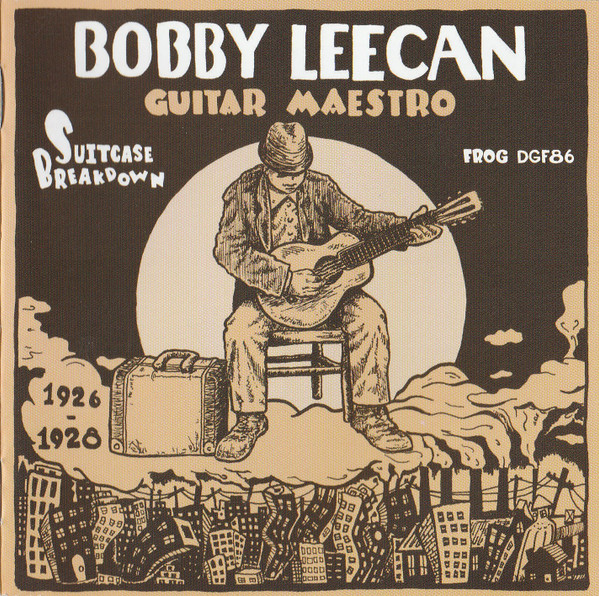
Bobby Leecan (1897-1946) was a fine banjoist and guitarist who straddled the boundaries between jazz, blues and hokum during his relatively brief recording career. What is known about him is included in the liner notes of Guitar Maestro, a CD from the Frog label that includes many of the recorded
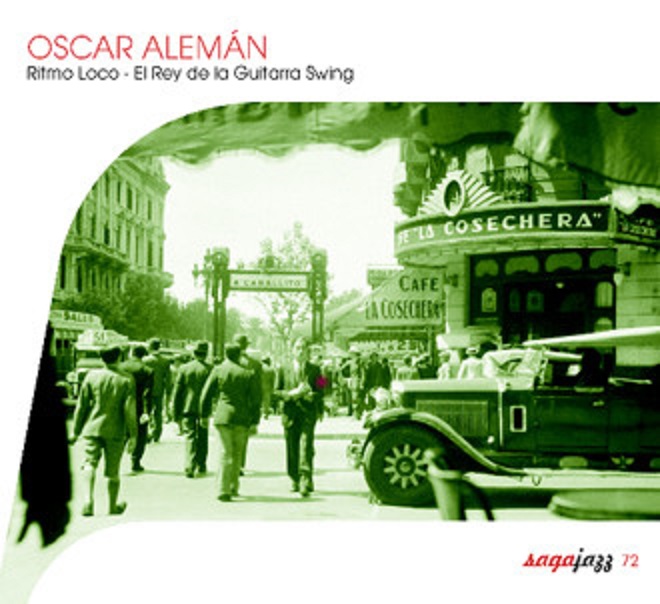
Jazz Classic of the Month Oscar Aleman (1909-80) was born and raised in Argentina but is best-known today for his work in Europe in the 1930s. At that time, the guitarist had a very similar sound and style to Django Reinhardt (a good friend), he enjoyed opportunities to play with
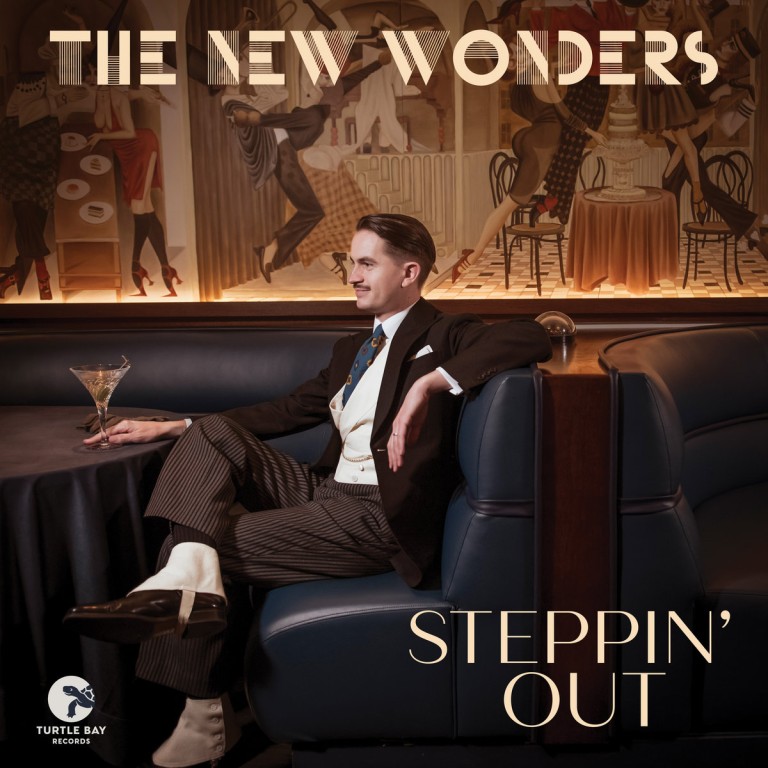
When exploring 1920s jazz it is easy for today’s musicians to be a little too reverential of the past, seeking to recreate aspects of earlier recordings. Cornetist Mike Davis’ New Wonders takes a different approach by being creative as if they were a previously undiscovered New York band from 1928-29.
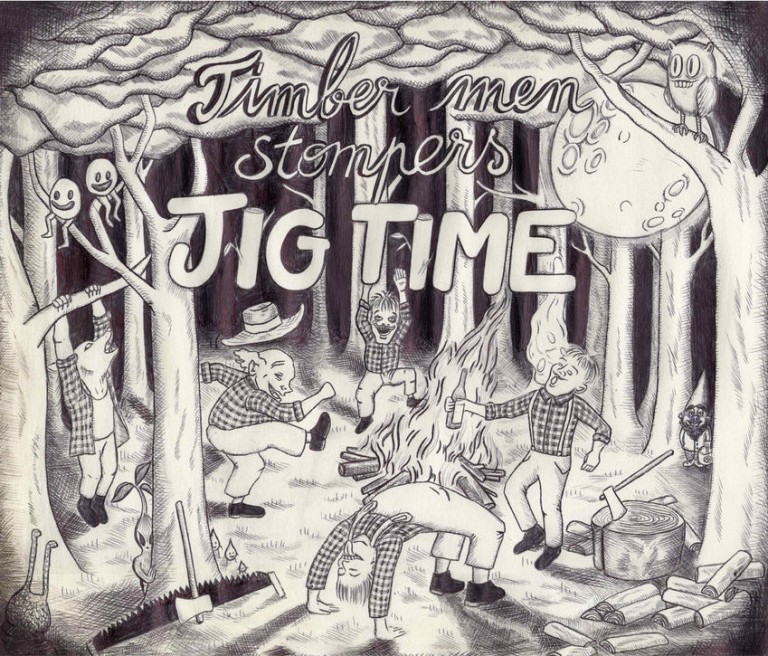
I love the Mills Brothers. Any time I see one of their LPs in a charity shop I do a little “shoop-de-whoop-whoop,” accompanied by a little jig of joy. As regular readers will know, I’m also a bit of a Francophile. So when I learned of the existence of The
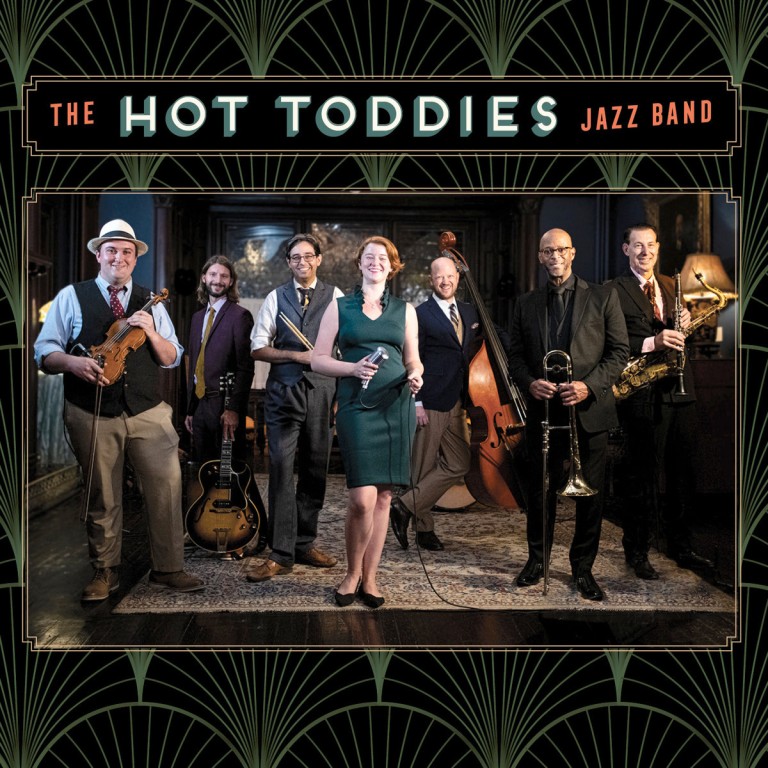
The Toddies are something of a supergroup. Led by celebrated stage composer Patrick Soluri on drums, the outfit boasts veteran bandleader Gordon Webster on keys, screen stalwart Justin Poindexter on guitar, Juno Award-winning Brandi Disterheft on bass and vocals from frequent Postmodern Jukebox collaborator Hannah Gill, amongst other leading lights.
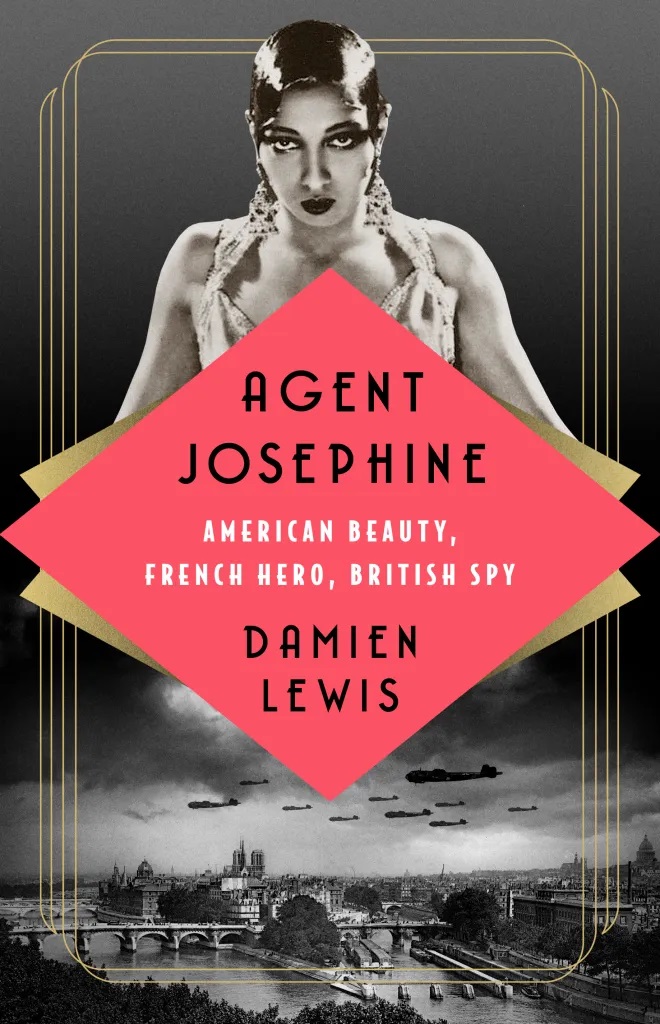
“It seemed the perfect way to fight my war.”– Josephine Baker No American was ever more beloved by the French
Vol.9, No.7 July 2024
Arthur Vint: Bringing New York-Style Jazz to the Desert, by Lew Shaw
Author Fumi Tomita Delves into Early Jazz, interview by Steve Provizer
May We All Be as Obscure as Porter Brown!, by Andrew J. Sammut
Rhythm in Gloucestershire: The Cheltenham Jazz Festival, by Dave Doyle
That Most Soulful Scot: Joe Temperley, by Schaen Fox
A Subversive in Sedalia (May 29-June 1, 2024), by Michael Steinman
Jazz Birthday of the Month: Dick McDonough, illustration by Sara Lièvre
Static From my Attic, by Andy Senior
My Inspirations: Never Say Nix to Bix!, by Jeff Barnhart
Jazz Travels: The Cellar Boys at the Green Mill, by Bill Hoffman
Ragtime Vignettes: Seaside Rag, by Brandon Byrne
Jazz Travels: The 50th Old Time Piano-Playing Contest/Fest, by Bill Hoffman
The Five Points, the Bowery, and the Phonograph, by R.S. Baker
Quarter Notes: Saying Goodbye to the Palm Court, by Shelly Gallichio
Ain’t Cha Got Music: Moten’s Final Years, Pt. 2, by Jeff Barnhart & Dan Barrett
Festival Roundup, compiled by Joe Bebco (illustration by Joe Busam)
Profiles in Jazz: Benny Waters and Pianist Joe Turner, by Scott Yanow
Fest Jazz in Châteauneuf-du-Faou, by Trevor Stent
Buy a Gift Sub to TST or Upgrade to Print, Get a Free CD!, by Andy Senior
Basin Street Regulars to Host Midiris in Pismo Beach, by Rhonda Cardinal
Yankee Doodle Dandy and the Fourth of July, by Gary May
Doyle’s Discs, CD reviews by Dave Doyle
Nights at the Turntable, CD reviews by Scott Yanow
After Midnight: Ford Dabney and the Clef Club’s Lost Chapter, review by Colin Hancock
Off the Beaten Tracks, CD reviews by Joe Bebco
Book Review: Agent Josephine by Damien Lewis, by Dave Radlauer